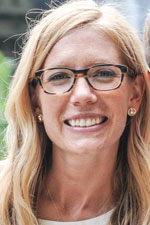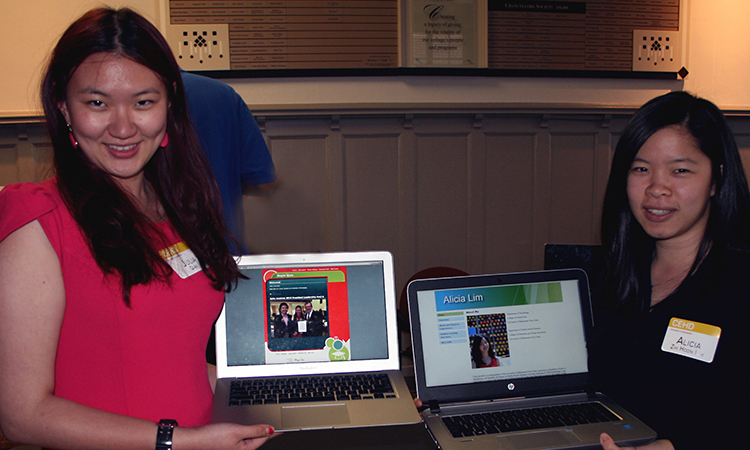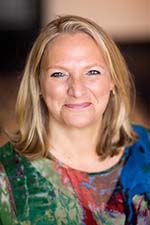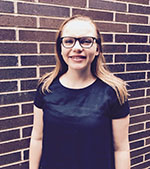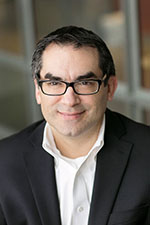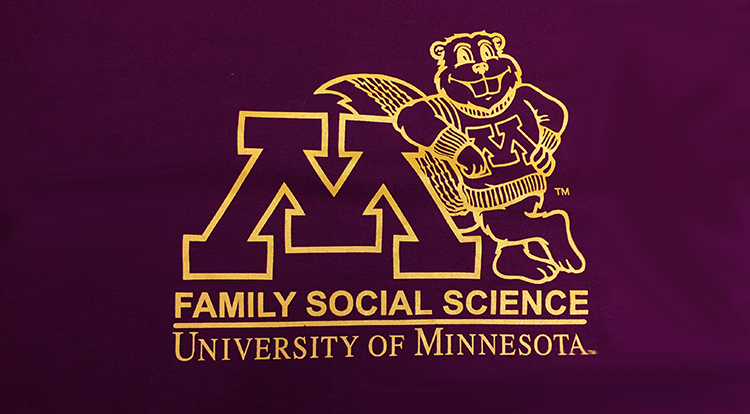 Fan Ouyang, a Ph.D. candidate in the Learning Technologies program in the Department of Curriculum and Instruction, talks about the unique challenges of studying in a foreign country, her research in online and blended learning, and deep commitment to education.
Fan Ouyang, a Ph.D. candidate in the Learning Technologies program in the Department of Curriculum and Instruction, talks about the unique challenges of studying in a foreign country, her research in online and blended learning, and deep commitment to education.
What drove you to enroll in the Learning Technologies Ph.D. program?
I have a background in computer sciences and software theories. After graduation, I taught college-level courses for six years in my native China. I thought an intersection of education and computer technology would be a good fit for my professional interests, so I decided to pursue a Ph.D. in Learning Technologies. I’ll complete in February, 2018.
You are originally from China. How has your experience been studying in a foreign country?
It is a worthy experience, full of challenge, anxiety, hope, and joy. I came to the U.S. at a relatively mature age to purse my doctoral degree. I believe that helped because it was an age that I started to really want to know myself at a deep level, without self-judgment. Putting all the emotions aside, I believe it is the persistency of hard work that helps me not only overcome all language and research barriers to complete my degree, but more importantly, it helps me to become more open-minded, reflective, and calm in all life situations. I believe I come to the end of my Ph.D. journey as a better person.
What is your current research focus?
My research interests lie at the intersection of online and blended learning, pedagogy development, and learning analytics. Specifically, my current research focuses on three interrelated strands:
- the research of computer-supported, network-based collaborative learning
- the design of online and blended learning and development of relevant pedagogies
- the application of computational methods and analytical techniques to understanding learning and instruction.
I want to better understand how students learn in online and blended learning contexts to help educators and practitioners better use this knowledge. I also hope to design innovative instructional tools to foster learner engagements.
How is the field of online teaching changing? Do you think it could replace face-to-face teaching?
At the early stage of online education, instructors tended to utilize traditional instructor-centered methods. Now, online teaching is changing to be more democratic, where instructors play a more symmetrical, participatory role with students. Students transform from the passive recipient of information and knowledge in the traditional instruction context to critical constructors of knowledge under their own autonomy.
Overall, the ultimate goal of education always stays the same, no matter the format: to nurture responsibility and initiative in learners, to build diversity and openness in the learning environments, and to help learners become self-directed and reflective. Therefore, I don’t think we need to replace one format with another. Instead, we as educators need to think about how to empower learners to view themselves as individuals who can shape their fields of interest, make action to achieve their personal and professional goals, and help people in their communities to grow and develop.
Which resources have you found through the department to help with your research?
I have benefited from department traveling funding, research workshops, involvement in research day, graduate student associations, and interactions with faculty in the department.
Any other thoughts you want to share about your experience?
During my Ph.D. study here in U.S., I have made efforts to cultivate four characteristics in myself: life-long learning (being eager to learn), capacity (being accessible, positive, and resourceful), entrepreneurship (being critical, innovative, and open-minded), and collaboration (being trustful, supportive, and collegial). I think this mindset has laid a positive foundation for my Ph.D. journey.
Learn more about the Learning Technologies programs in the Department of Curriculum and Instruction.
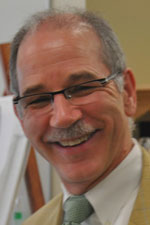 On October 10, Juergen Konczak, Ph.D., professor in the School of Kinesiology and director of the Human Sensorimotor Control Laboratory, presented a lecture on robotic rehabilitation to the PACE network community in Genova, Italy.
On October 10, Juergen Konczak, Ph.D., professor in the School of Kinesiology and director of the Human Sensorimotor Control Laboratory, presented a lecture on robotic rehabilitation to the PACE network community in Genova, Italy.
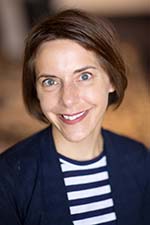
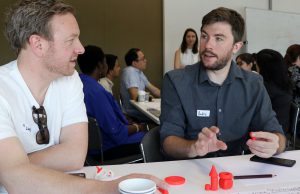
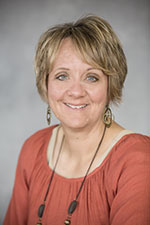
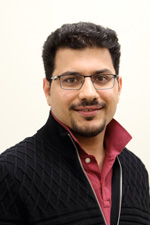
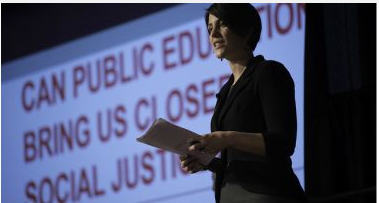
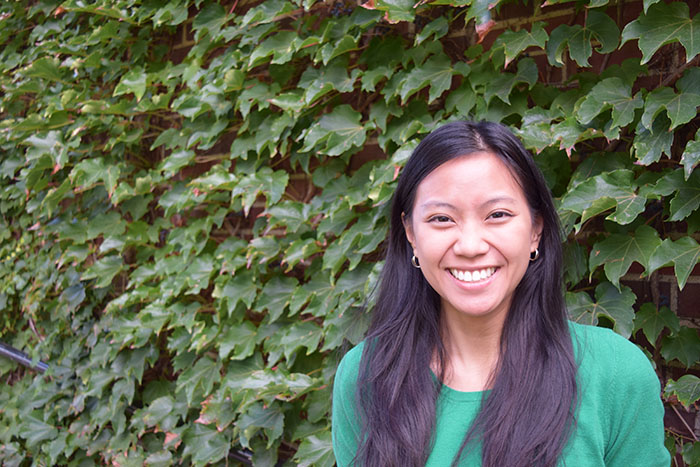
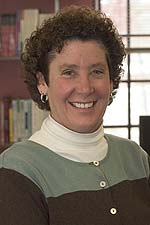 Mary Jo Kane, Ph.D.
Mary Jo Kane, Ph.D.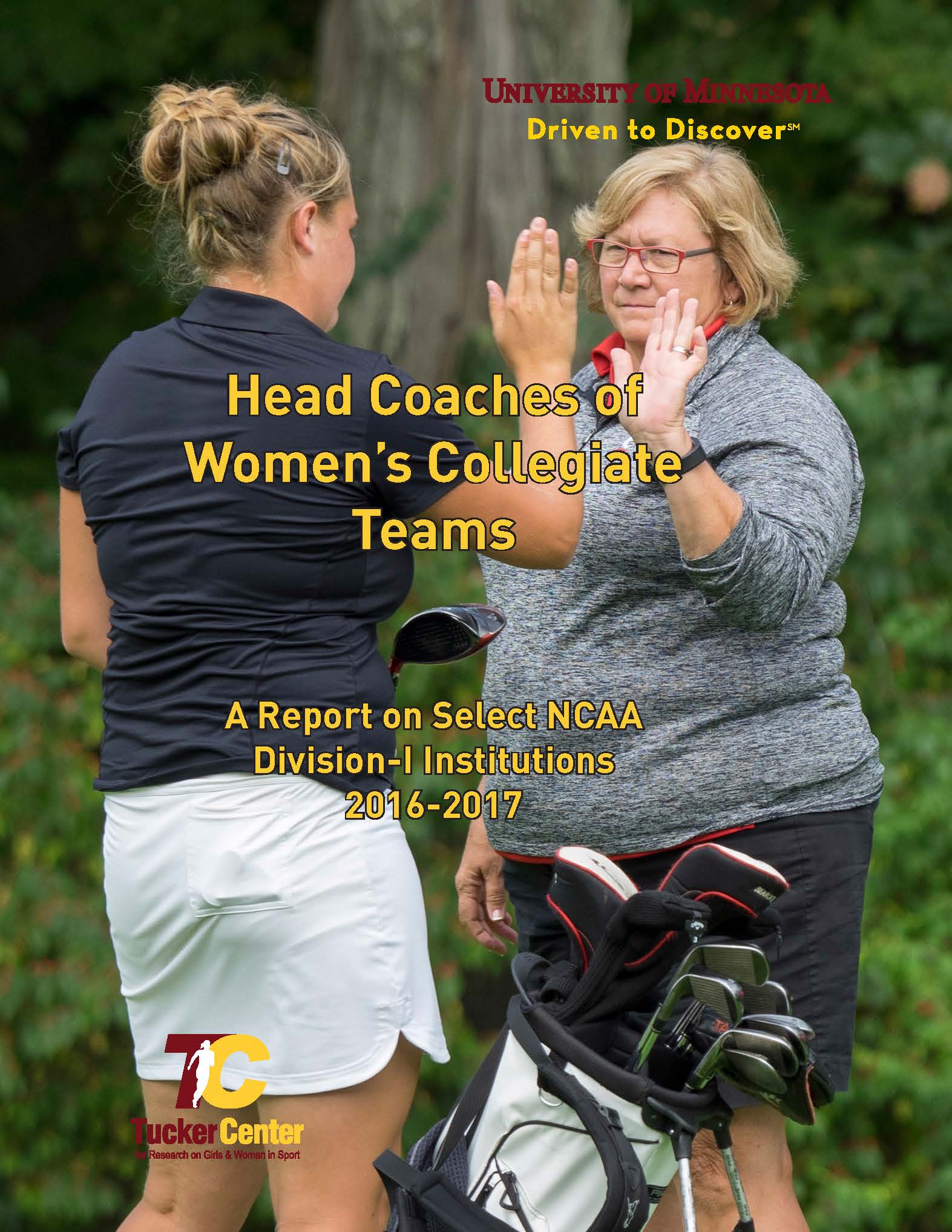 Tucker Center research is cited in a Salt Lake Tribune article, “
Tucker Center research is cited in a Salt Lake Tribune article, “